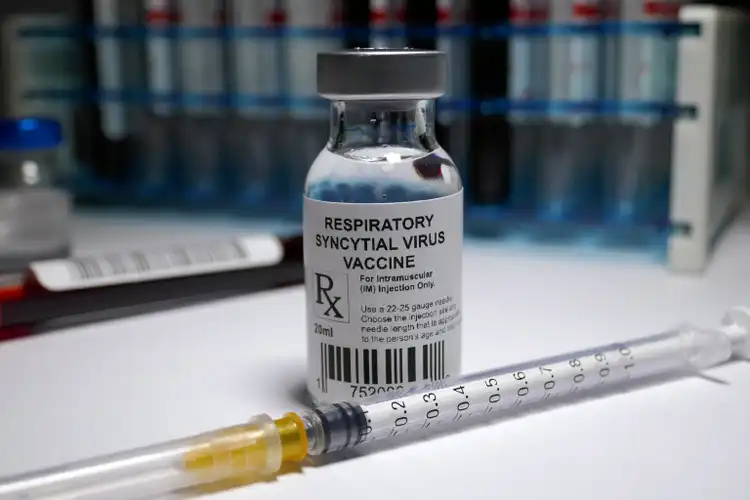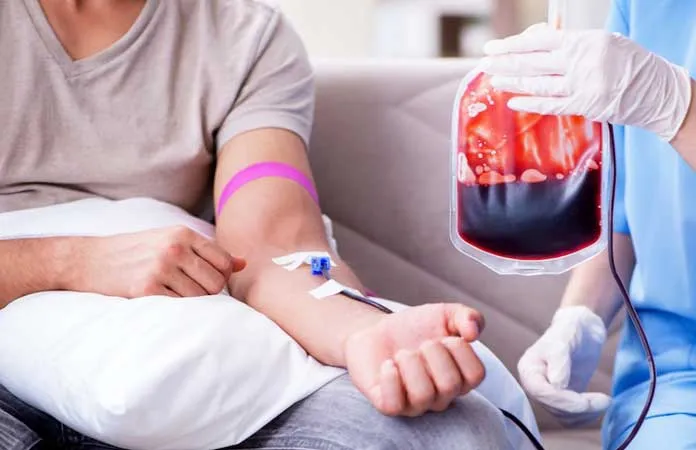Although life is kind to us for the most part, it has its share of vulnerabilities. No matter who we are, what we do or where we belong to, the exposure to unpleasant situations is always there. A relationship went sour, a contract didn’t go through, pregnancy couldn’t last or professional objectives weren’t met—every unruly situation takes a toll on us physically and emotionally. The brain develops temporary emotional responses to such situations, leaving us distasteful, disoriented and distrustful about life. These are often temporary responses that vanish into thin air once the brain learns to cope with the challenges at hand. But if the condition persists for weeks together with no signs of normalcy, it is then identified as depression. The feelings of sadness and emptiness are everywhere around us. And, we all have been there at least once in our life—feeling down due to a failed relationship, loss or break-up. But things change when these feelings become constant, accompanied by lack of sleep, changes in appetite, sleep disorder, detachment from people and habits, low interest and drop in motivation. This is where the problem starts when one begins to feel numb inside. It can go on for months, oscillating between being depressed and just feeling blue until one day it gets too much for someone to handle or something bad happens that triggers a depressive episode.
The line between being blue and being clinically depressed is too thin. There are cases where people with traumatic experiences in their lives think they have depression when in fact they’re just feeling down about something or feeling sad due to their busy lives. But it isn’t always so easy to detect whether you are facing depression or not. It also depends on individual reactions to stress and how long one can cope with negative feelings before seeking help. One can try and cope with depression through compassion, meditation, gratitude, exercise, good sleep and a fixed routine. If nothing seems to work out the way it should, if thoughts like ‘why am I even trying?’ enter your mind on a regular basis, then maybe it’s time for you to reach out for help from an expert.
Despite the growing awareness of mental issues and easy access to related healthcare, the majority of individuals perceive seeking medical help as a sign of weakness. They ignore the fact that identifying an issue and taking corrective measures requires a strong character. It is high time for you to break the stereotypes and help yourself to recovery with timely medical intervention. If the symptoms do not wane within two weeks, it’s time to come out of the denial mode and seek immediate professional help. Depression is an individualised issue where the “one size fits all” approach may fail to deliver relief. Remember, the chances of safe and fast recovery are high if the mood disorder is diagnosed early. There are several multi-modality approaches where support and psychotherapy are blended to ensure fast, safe and complete recovery. In many cases, medication, which comes with serious side effects, maybe totally avoided. World Mental Health Day is observed on 10 October to raise awareness of mental health issues.
Research shows that 1 in every 5 person goes through depression or mental health issues in any given year. If you’re going through a tough time and can’t seem to cope with anything anymore, talk to someone about it. You don’t have to go through it alone, there is help available for you. Step out of fear of judgment or not being understood. Reaching out for help when things aren’t looking good, is always better than trying to make things better on your own.
The author is Psychotherapist, Life Coach, Business Coach, NLP Expert, Healer, and Founder and Director of Gateway of Healing.













